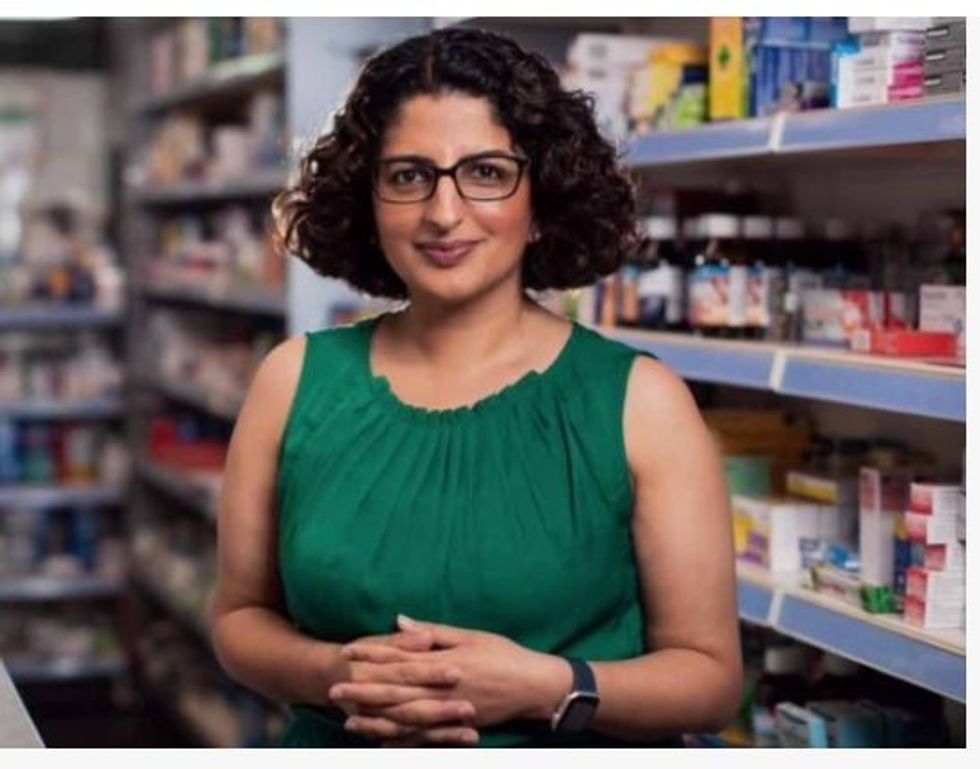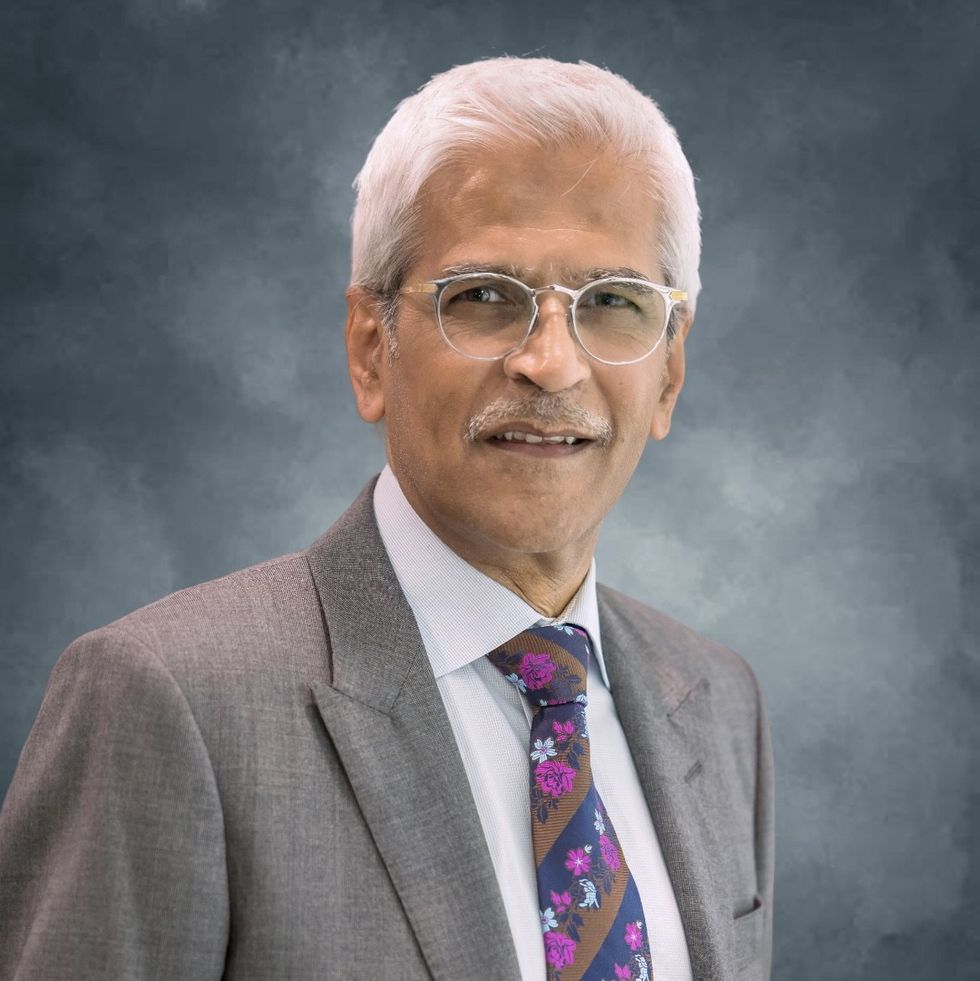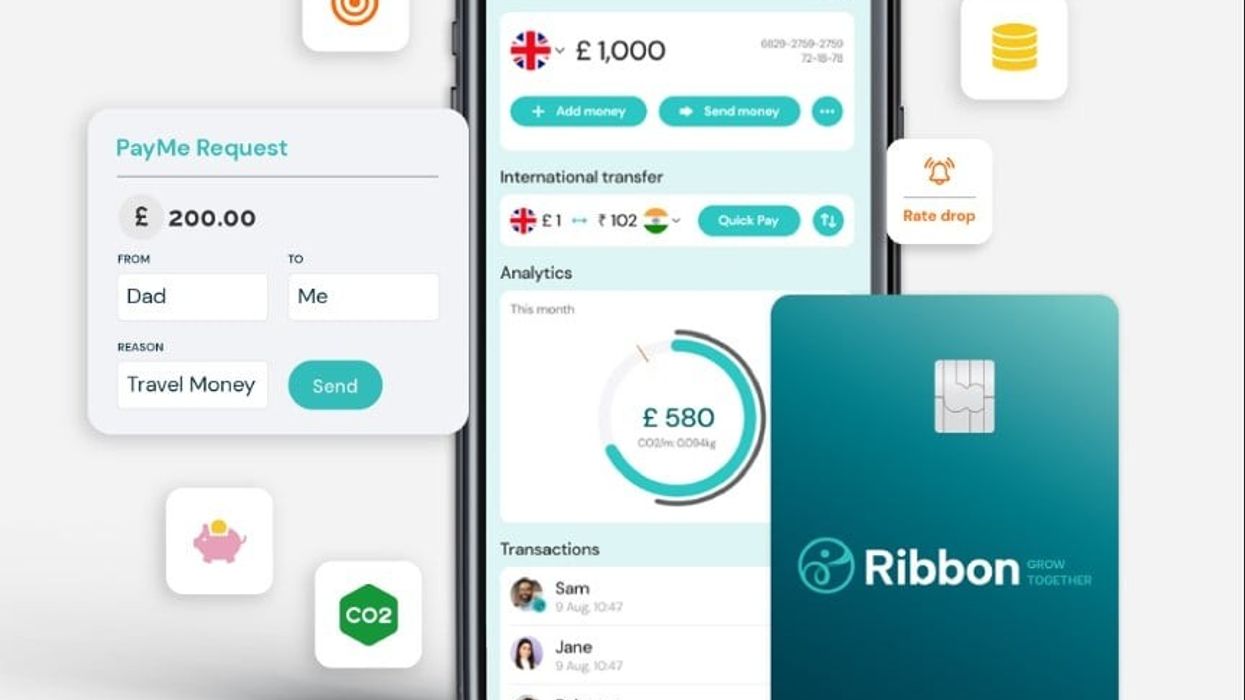SERVICES in community pharmacies are expanding, and your local pharmacist is now able to provide medication for seven common conditions, without needing a GP appointment first.
Going to your local pharmacy offers an easy and convenient way to get advice on minor health concerns.
Pharmacists have long been pillars of the communities they serve, and around 40 per cent of pharmacists in England are from multicultural backgrounds. For many families, it’s a profession that has been handed down through the generations.

Reena Barai is a pharmacist, her father was a pharmacist, and her mother is a dispenser. As a family, together they have developed a wealth of knowledge and ongoing personal relationships with the local community across decades.
In 1979, Reena’s parents took a very big risk and bought a pharmacy – her mother remembers questioning if they had done the right thing.
Reena has very fond childhood memories of the pharmacy: “I preferred to sit listening to what was happening in the shop rather than playing with my toys.
“I remember the old-fashioned medicine bottles and weighing scales and the smell of the creams my father used to make by hand.”
Reena knew even as a very young child what she wanted to do when she grew up: “I remember telling my nursery teacher I was going to be a pharmacist just like my daddy. His face was so proud when I told him.
“Sadly, he never got to see me graduate or qualify as a pharmacist, but keeping the pharmacy going in his name now makes me feel that his legacy lives on through me. He gave that pharmacy his all and built a relationship with a community that had embraced him and his family.”
Professor Mahendra Patel became a pharmacist more or less by coincidence, but he wouldn’t have it any other way now. While his two children are doctors, he is also delighted that his nieces and nephews have continued the family tradition of pharmacy.
Over the years, he has seen lots of changes to how community pharmacists work and the advice they can give – including the most recent changes, which mean your pharmacist can now help treat and assess seven conditions, without the need for a GP appointment or prescription.
Mahendra sees these developments as an important step forward for pharmacists and for patients. “It’s more exciting to be a pharmacist today than ever before, with the huge changes in the range of services we can offer,” he said.
“We did great work in delivering vaccines, and now we can continue to make good use of our clinical skills to get our patients quicker access to care for minor and common ailments, instead of needing a GP appointment.
“Community pharmacists play an important role, and I like to get to know the people that come into the pharmacy and understand them better. Building trust and relationships gives people confidence to come and seek advice from us about their health.”

While Faruque Gani was doing his A-levels, he knew he wanted to go into a healthcare profession, and his parents encouraged him to take up a career in pharmacy.
Faruque feels honoured to be able to make a difference to his patients’ health and wellbeing, and is proud that his son Fahed, is now also a pharmacist: “Working together in our family pharmacy, I enjoy sharing my experience with my son, supporting and guiding him to be the best pharmacist he can be. Of course, sometimes it can be challenging to work alongside your family every day, but I wouldn’t change it for the world.”
Over the years since he qualified as a pharmacist, Faruque has seen many changes to the profession.
“The landscape of pharmacy is constantly changing, so we are adapting to new ways of working and additional services, such as electronic prescriptions, that pharmacies are now providing,” Faruque said.
“Patients are more aware of their health and want to be assured that they will receive reliable advice and knowledge from us rather than waiting to see a GP. “Every day we deliver quality care to improve our patients’ health. For me, day-to-day interaction with the public and serving my community gives me immense satisfaction.”
Remember, your local pharmacist can now help treat and assess these seven conditions, without the need for a GP appointment or prescription:
• Sinusitis in those aged 12 years and over
• Sore throat in those aged five years and over
• Ear ache in those between one and 17 years old
• Infected insect bite
• Impetigo
• Shingles in those over 18 years old
• Uncomplicated urinary tract infections (UTIs) in women aged 16-64
For further information visit nhs.uk/thinkpharmacyfirst




















